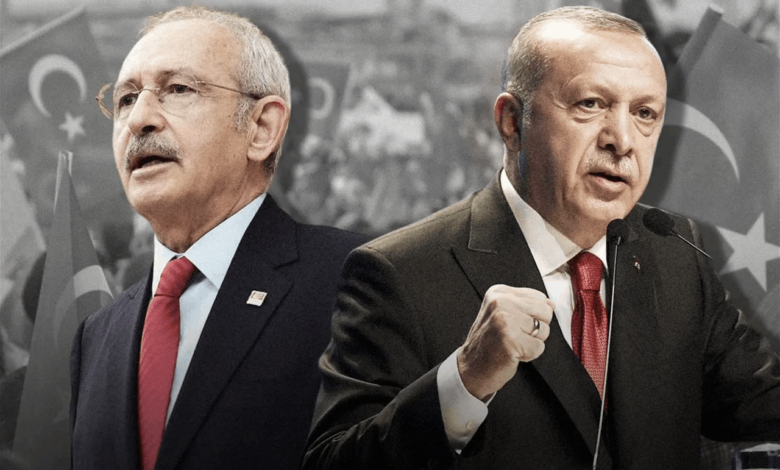Identity Conflict Is The Essence Of The Turkish Elections

Ahmed Hasaan Ali
On the 100th anniversary of the founding out its republic, Turkey had witnessed one of its most important parliamentary elections. These elections, although they appear to be an economic livelihood, are in fact a struggle over identity between several parties. Whereas one party wants to keep Turkey secular and nationalistic, the other party seeks change.
With an overview of the distribution of seats in the Turkish House of Representatives in the 2023 elections -consisting of 600 parliamentary seats- the three-party People’s Alliance won 323 seats (the Justice and Development Party AKP 268; the Nationalist Movement Party MHP 50; the New Welfare Party YRP 5). The Nation Alliance won 212 seats (the Republican People’s Party CHP 169; the Nation Alliance İYİ 43), while the Labour & Freedom Alliance won 65 seats (Party of Greens and the Left Future YSGP 61; The Workers’ Party of Turkey TİP 4).
These data reflect the intellectual, social, ideological and national orientation of the groups of the Turkish people, as 88% of those entitled to vote participated in the elections to choose the President of the Republic and the House of Representatives. If we look at the distribution of parliament, we notice the sharp social polarization within Turkish society.
According to the results announced by the Turkish Supreme Election Council, the AKP, one of the conservative centre-right parties, won 268 seats- representing 44.7% of the total vote. And if we add to it the proportion (0.8%) of the five seats of the votes for the Islamist New Welfare YRP, headed by Fatih Erbakan, the son of Necmettin Erbakan, then 45.5% of the total vote of the electorate supports the moderate Islamic approach to the future of Turkey.
And while it is not necessarily true that all AKP voters are from groups with an Islamic orientation, it can be said that all AKP and President Erdogan’s voters are from the right-of-centre movement between Islamic and conservative groups. These voters are fully aware of President Erdogan’s approach to changing the Turkish constitution, who seeks to add legislative laws that lean towards an Islamic and conservative nature.
Regarding the Republican People’s Party, a centre-left party, it had won 169 parliamentary seats (thereby constituting 28.2% of the total vote). The Republican People’s Party CHP, with their extremist secular ideology and their hostility to religion, immigrants, and refugees, represent the direction of their voters who reject the aspirations of President Erdogan and his conservative Islamic party.

